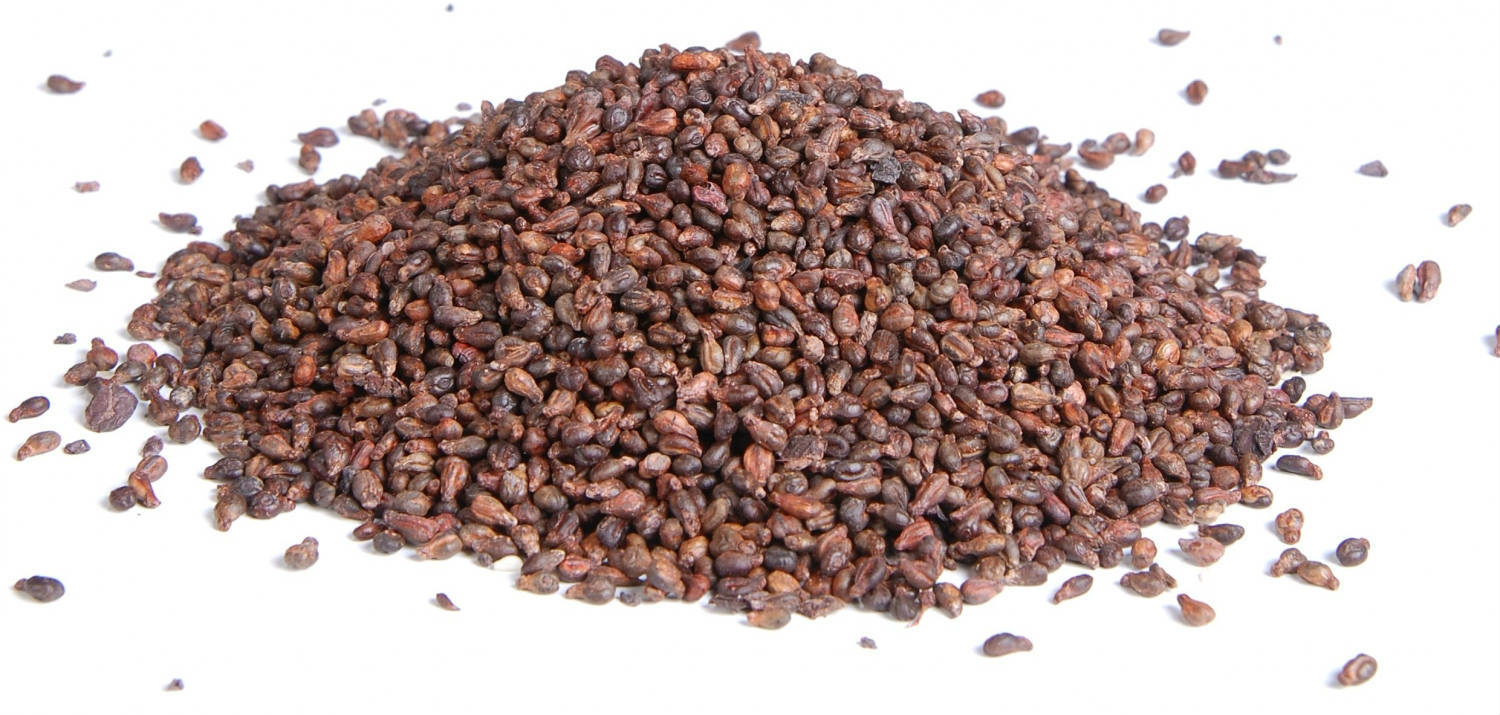2025/06
04What is plant extract? Today, let me take you to learn about it
Plant extract is a product formed by extracting and concentrating one or more active ingredients from plants through physical and chemical extraction and separation processes according to the needs of the extracted product, without changing the structure of its active ingredients. At present, the product concept of plant extracts is relatively broad. According to the different components extracted from plants, they form glycosides, acids, polyphenols, polysaccharides, terpenes, flavonoids, alkaloids, etc; According to the different characteristics of the product, it can be divided into vegetable oil, extract, powder, crystalline lens, etc.
① Alkaloids. It is a complex class of nitrogen-containing organic compounds with special physiological activities and medicinal properties Fruit. As contained in ephedra Ephedrine and scopolamine, which have antispasmodic and analgesic effects, are found in asthma.
② Glycosides are also known as glycosides. Composed of a combination of sugar and non sugar substances. The commonality of glycosides lies in the sugar component, and different types of glycosides have different physiological activities and multifaceted functions. The leaves of Rehmannia glutinosa contain cardiac glycosides that have a cardiotonic effect, while ginseng contains Qi tonifying and fluid generating substances Ginsenosides and other active ingredients.
③ Volatile oil. Also known as essential oil, it is an oily liquid with aroma and volatility, composed of a mixture of various compounds, with physiological activity, and has various effects in medical treatment, such as cough, asthma relief, sweating, surface relief, phlegm removal, wind dispelling, analgesia, etc Wait. Medicinal plants with abundant volatile oil content include Platycodon grandiflorus, Magnolia officinalis, Magnolia officinalis, Camphor tree, Cinnamomum cassia, Eucommia ulmoides, Angelica dahurica, Chuanxiong, Angelica sinensis, peppermint, etc.
④ Tannin (tannin). A mixture of polyphenolic compounds. It exists in various plants, especially in the families of Salicaceae, Fagaceae, Polygonaceae, Rosaceae, Leguminosae, Myrtle Myrtle Myrtle, and Rubiaceae, where its content is relatively high. The medicinal herb galls grown on the medicinal plant Rhus chinensis are called galls, which contain galls tannins and have astringent, antidiarrheal, and antiperspirant effects.
⑤ Other components. Carbohydrates, amino acids, proteins, enzymes, organic acids, oils, waxes, resins, pigments, inorganic substances, etc. all have special physiological functions, many of which are important drugs in clinical practice.





